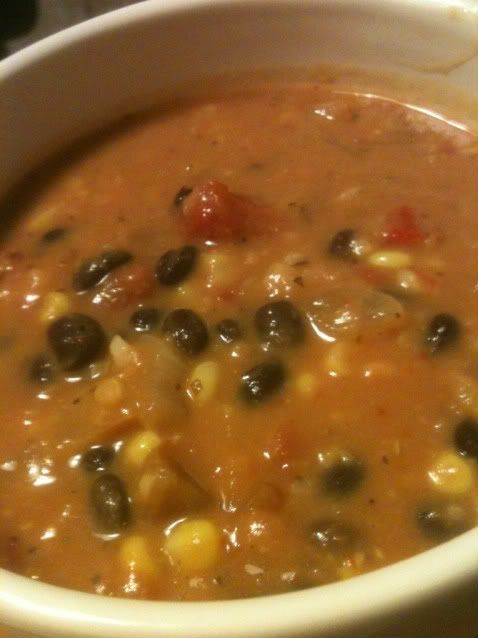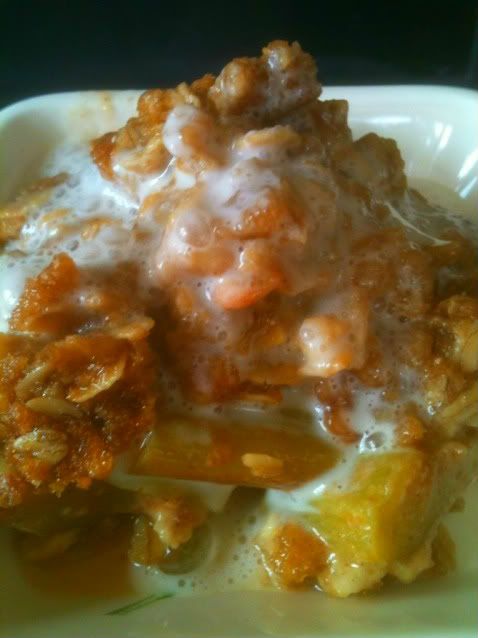
Fat is a necessary part of a healthy diet. Ideally it should be under 30% of your total caloric intake per day. If you consume an average of 2000 calories a day your fat consumption should be between 44 to 67 grams of fat. If you only consume 1500 calories a day your fat consumption should be 33 to 50 grams of fat.
Fats can be extremely beneficial and also deadly depending on the amount and type being consumed. There are some amazing health benefits that go along with certain types of fats and adverse effects that go with others. The trick is knowing the difference and being sure to get enough of the healthy ones and limit or eliminate the unhealthy ones. Healthy fats help keep the skin and hair healthy, are important in transporting as well as storing the fat soluble vitamins A, D, E and K, they also help keep you warm.
There are many different kinds of fat in the foods we eat. When fat is consumed our bodies break it down into individual components, the body then uses these components to build something entirely new...fatty acids. Other wise known as saturated, monounsaturated, and polyunsaturated.
Saturated fats are the most harmful and the Standard American Diet is full of them. They are found in animal products (meat, dairy, eggs) as well as palm and coconut oils*. Eating saturated fats has been linked with heart disease, strokes, and some cancers.
Monounsaturated and polyunsaturated are both in the unsaturated category. Monounsaturated fat is found in oils such as olive, canola and peanut. Polyunsaturated fat is found in nuts, soybean oil, safflower oil as well as cold water fish.
Our body is incapable of producing all of the fatty acids that we need. Alpha-linolenic acid (ALA) and linoleic acid (LA) are called essential fatty acids (EFAs) because we must get them from the foods we eat. Both of these are polyunsaturated and better known as omega-3 and omega-6.
Omega-3 and Omega-6 are precursors to many other important fatty acids essential for infant growth as well as a healthy brain and eyes in adults and children. These fatty acids are also important in helping to prevent heart disease by lowering triglycerides and reducing blood clotting.
As mentioned earlier, without adequate fat in your diet you are unable to absorb the fat soluble vitamins which can result in a deficiency in any or all of them. A primary sign of a vitamin A deficiency is night blindness but also can lead to a diminished immune system. Bruising easily is a common symptom when vitamin K is not properly absorbed. A vitamin D deficiency, which leads to the inability to absorb calcium, greatly effects bone health. A vitamin D deficiency in children can lead to Rickets which leads to soft "bendable" bones. Vitamin D deficiency can also lead to a condition characterized by weak muscles and painful bones, known as osteomalacia. A vitamin E deficiency may eventually lead to muscle and nerve damage.
Fat is also a necessary nutrient for hormone production. It is an important structural component of prostaglandins. The prostaglanins regulate many of your bodies functions and can greatly effect the inflammatory response as well as influencing the bodies ability to clot blood.
There are many consequences of an extremely low fat diet just as there is with an extremely high fat diet. It can be dangerous or at best lead to dry, itchy skin and a slightly weakened immune system. For healthy cells, a healthy body and to efficiently absorb vitally important nutrients you need a sufficient amount of healthy fat in your daily diet.
*
There has been much debate over the health benefits of coconut oil. There is another system of fatty acid classifications other than saturation. It is molecular size or the actual length of the carbon chain that make up the fatty acid. 98 to 100% of all the fatty acids you consume have Long-chain fatty acids (LCFA). Coconut oil is made up of medium-chained fatty acids (MCFA) or medium-chained triglycerides (MCT). According to recent research MCFAs do not have a negative effect on cholesterol and surprisingly help to protect against heart disease and atherosclerosis. It is the MCFA in coconut oil that make it beneficial to health and not behave like a typical saturated fat such as that found in beef or whole dairy milk. Although a saturated fat it seems to have health benefits that may outweigh the detriments of a typical saturated fat. Ordinary people as well as renowned doctors have very strong beliefs on both sides of the coconut issue. I suggest you do your own research on this and draw your own conclusion.
References
American Heart Association: Know Your Fats
Anne Collins: What Do I need to Know About Fat?
Coconut Research Center: The Tree of Life
Global College of Natural Health: Dietary Guidelines
Nemours Foundation: Fats




